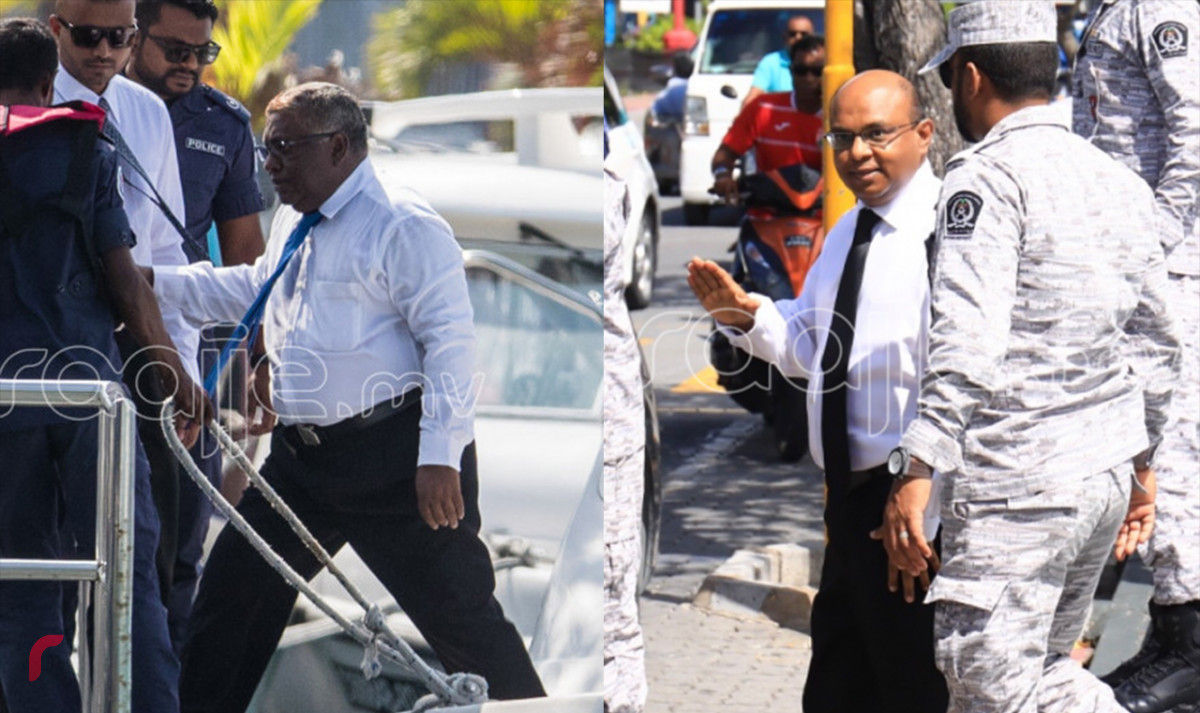Maldives under fire from UN rights expert
There were irregularities in the trials of the two top judges, said the UN rights expert.

30 Jun 2018, 09:00
The Maldives was Friday criticised by a UN rights expert for refusing to accept the application made by two convicted Supreme Court judges to have their case reviewed.
Abdulla Saeed and Ali Hameed were found guilty of influencing official conduct in May. The High Court upheld the lower court verdict on June 3, but reduced the sentence to one year and two months.
A three-judge bench decided earlier this month not to hear the cases of their former colleagues as there were “no grounds” to challenge a High Court judgment.
The UN Special Rapporteur on the independence of judges and lawyers, Diego García-Sayán, said he was dismayed by the Supreme Court’s decision especially in light of irregularites.
Become a member
Get full access to our archive and personalise your experience.
Already a member?
Discussion
No comments yet. Be the first to share your thoughts!
No comments yet. Be the first to join the conversation!
Join the Conversation
Sign in to share your thoughts under an alias and take part in the discussion. Independent journalism thrives on open, respectful debate — your voice matters.




